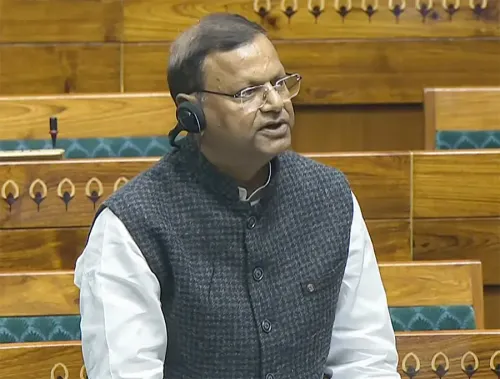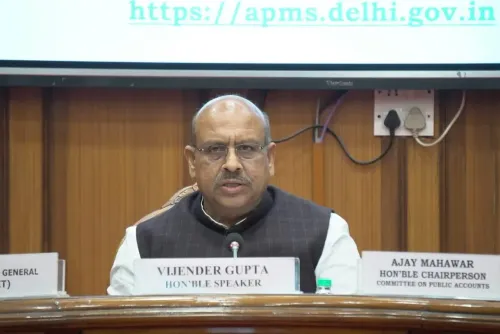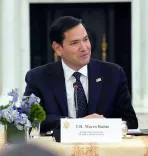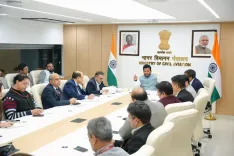Is India Preparing to Lead in AI Standardisation and Manufacturing?
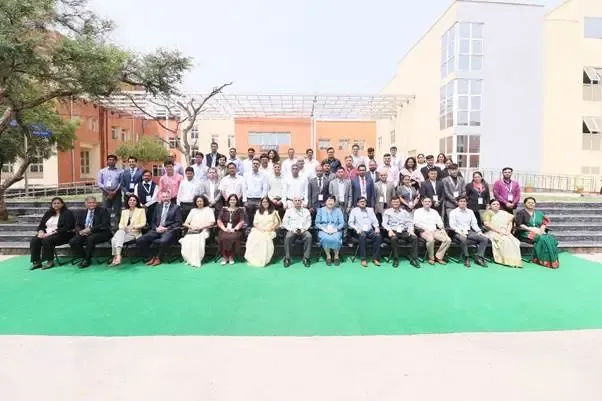
Synopsis
Key Takeaways
- India is focused on leading AI standardisation.
- The Telecommunication Engineering Centre plays a key role.
- Collaboration with BIMSTEC nations is essential.
- AI's economic impact could reach $15 trillion by 2030.
- India advocates for ethical AI development.
New Delhi, May 5 (NationPress) India is striving to take a leading role in both AI standardisation and manufacturing, a senior government representative stated on Monday, highlighting the crucial function of the Telecommunication Engineering Centre (TEC) in advancing ethical AI development through fairness assessments and rating mechanisms.
Emphasizing India's dual commitment to enhancing AI standardisation while bolstering its manufacturing capabilities, Manish Sinha, Member (Finance), DCC, DoT, recognized the significant inputs from the Telecommunications Standards Development Society India (TSDSI) in formulating technical standards that promote secure, interoperable, and globally aligned AI systems.
During a four-day workshop held in New Delhi, co-organized by the International Telecommunication Union (ITU) Area Office and Innovation Centre and the NCA-F, Department of Telecommunications (DoT), he addressed an audience.
This event gathered participants from BIMSTEC nations—Bangladesh, Bhutan, Nepal, Sri Lanka, and India—along with Maldives, international experts, regulators, industry associations, startups, and academic representatives to work together on establishing trustworthy and globally harmonized AI standards for telecommunications and ICT.
Sinha underlined the vital role of consensus within the ITU framework to develop AI standards that are inclusive and globally harmonized, ensuring that these technologies provide benefits for all countries.
He also discussed India's dedication to economic inclusivity, particularly through initiatives like ‘Digital Bharat Nidhi’.
He encouraged all attendees to actively participate in defining practical AI standards, forge strong cross-border collaborations, and envision forward-thinking, ethical AI applications that can enhance sustainable development.
Indra Mani Pandey, Secretary General of BIMSTEC, through a recorded message, reiterated the necessity of multilateral cooperation.
“Regional collaboration on AI standards is not optional—it is essential to ensure that emerging technologies fulfill our shared development aspirations,” he stated. “By investing in standards today, we pave the way for a future where AI can responsibly and interoperably drive growth across all our member nations.”
Atsuko Okuda, Regional Director for Asia Pacific, ITU, highlighted that AI has transitioned from research to daily life, with an anticipated contribution of $15 trillion to the global economy by 2030.



